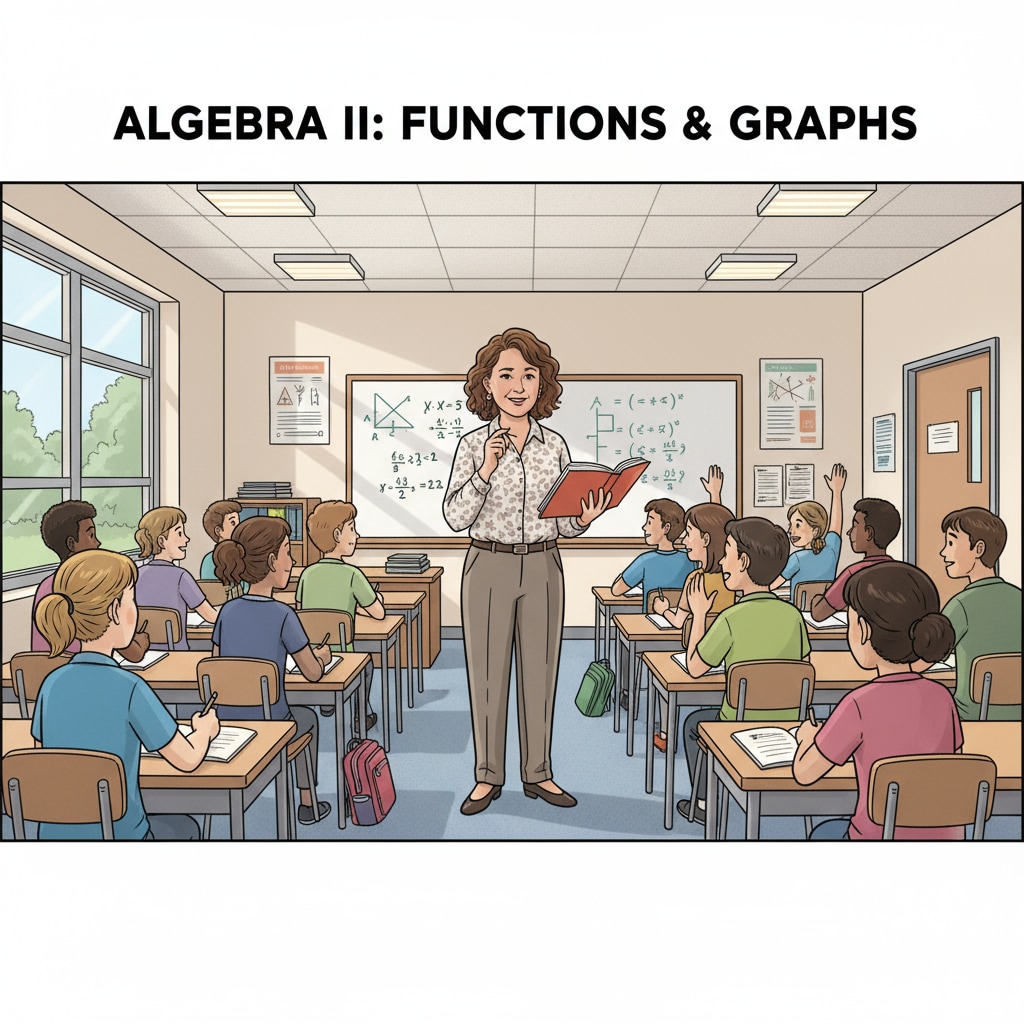Educational leadership, curriculum design, and career development are crucial aspects for educators considering an educational master’s degree. When it comes to choosing a specialization within this field, many face a challenging dilemma: how to balance the potential for career advancement with personal interests. Take, for example, a high school math teacher who is contemplating further education. This teacher has the option to pursue either an educational leadership and management specialization or a curriculum and instruction specialization. Each path comes with its own set of advantages and disadvantages, much like choosing between two different roads in a journey of professional growth.

The Allure of Educational Leadership
Educational leadership offers a path towards influencing educational institutions on a broader scale. Those who choose this specialization often aim to take on administrative roles within schools or districts. For instance, they could become principals, overseeing the overall operation of a school, from setting educational policies to managing staff. According to Wikipedia’s page on Educational Leadership, educational leaders play a vital role in shaping the direction of an educational institution. However, this path requires a different skill set compared to classroom teaching. It involves a significant amount of administrative work, strategic planning, and dealing with various stakeholders, which might not align with everyone’s interests.

The Appeal of Curriculum and Instruction
The curriculum and instruction specialization is more focused on the classroom experience. It allows educators to dive deep into the design and delivery of educational content. Teachers who choose this path can enhance their skills in creating engaging lesson plans, implementing innovative teaching methods, and improving student learning outcomes. As Britannica’s article on Curriculum Development states, effective curriculum design is at the heart of successful education. This specialization is great for those who are passionate about teaching and want to make a direct impact on students. Nevertheless, the career progression might seem more limited in terms of traditional administrative advancement.
So, how does one make this important decision? It’s essential to consider both short-term and long-term career goals. If an educator dreams of having a say in school-wide policies and leading large-scale educational initiatives, then educational leadership might be the way to go. On the other hand, if the love for the classroom and the desire to perfect teaching skills are paramount, curriculum and instruction could be the ideal choice. In addition, personal interests play a huge role. If the thought of spending long hours in administrative meetings and handling complex management tasks doesn’t appeal, then perhaps the more hands-on curriculum and instruction path is better. In conclusion, when choosing an educational master’s specialization, educators must carefully weigh the opportunities for career development against their personal interests. By doing so, they can chart a course that not only leads to professional success but also brings personal fulfillment in the field of education. Readability guidance: The article uses short paragraphs to present clear ideas. Each H2 section provides a list of key points related to the specialization. The passive语态 is kept to a minimum, and transition words like ‘however’, ‘nevertheless’, and ‘in addition’ are used to connect ideas smoothly.


